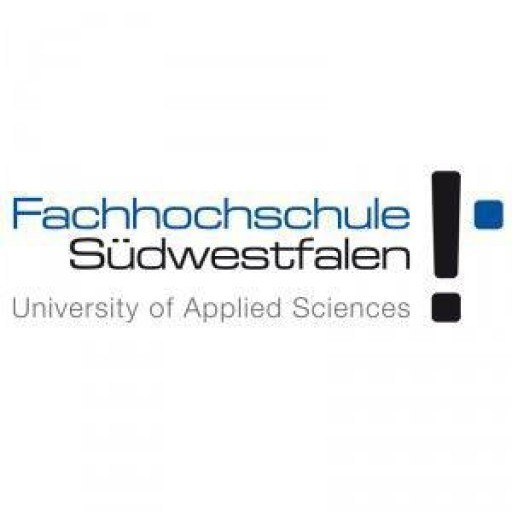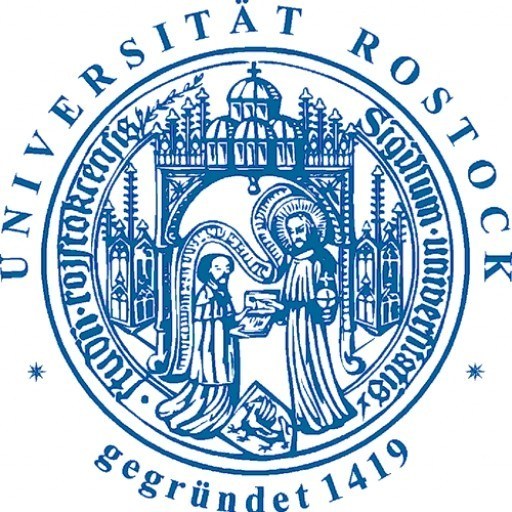Photos of university / #fhsuedwestfalen
This Bachelor's degree program in Systems Engineering and Engineering Management at the South Westphalia University of Applied Sciences is designed to prepare students for the complex and interdisciplinary challenges of modern engineering projects. The program provides a comprehensive education that combines technical knowledge with management skills, enabling graduates to effectively plan, design, and oversee engineering systems across various industries. Throughout the course of study, students gain a deep understanding of core engineering disciplines such as mechanics, electrical engineering, and information technology, while also developing competencies in project management, quality assurance, and process optimization. The curriculum emphasizes practical application, incorporating hands-on projects, laboratory work, and industry internships to ensure students are well-equipped for real-world scenarios. Students will learn how to analyze system requirements, design integrated solutions, and implement innovative technologies, all within the context of economic, environmental, and societal considerations. The program prepares graduates for roles in system design, project management, consultancy, and operational management in sectors like manufacturing, automotive, aerospace, energy, and information technology. Emphasizing teamwork, communication, and leadership skills, the degree fosters the ability to coordinate multi-disciplinary teams and manage complex projects efficiently. International perspectives are integrated into the curriculum to prepare students for global engineering environments. Upon graduation, students will possess the technical expertise and managerial acumen needed to drive technological advancements and contribute successfully to sustainable development initiatives. This program aims to develop professionals who are adaptable, innovative, and capable of tackling the evolving demands of engineering systems in a competitive global economy.
Educational organisation
The course Systems Engineering and Engineering Management (MSc) has three pathways. These are Electronics, Mechanical, and Mechatronics. Students taking the Electronics pathway will take two electronic modules. Likewise students taking the Mechanical pathway will take two mechanical modules. Students taking the Mechatronics pathway will take one mechanical and one electronic module.The teaching strategy for this course is aimed at producing graduates who can be readily employed in engineering-based industrial or research organisations and who have all the skills necessary to succeed. The course is targeted at high calibre students wishing to study in the disciplines of the course and as such it is not suitable for students who merely wish to acquire further knowledge without the application of that knowledge in any meaningful sense. In short, although the course is in many ways generic, it is vocational in terms of systems engineering and engineering management.
Emphasis is placed on imparting the understanding of the subject including essential facts, concepts and principles underlying the subject. This should leave the student with an ability to critically evaluate, design and apply technologies in a systematic manner to engineering and management issues.
For this reason, there are no traditional lectures of the type which merely impart straightforward information. This is too passive a mode of education for students of the 21st century. However, there is still a strong place for the exposition and clarification of themes and difficulties in a lecture-type situation. The acquisition of straightforward knowledge is facilitated by provision of learning material (e.g. via electronic media) and by assigned or recommended reading. The onus for its assimilation is on the students themselves.
One major component of the concept of the course is to enhance the students' research competence. The large amount of coursework assessment in the course demands self-directed studies. Although this coursework is based on the lectures and supervised by tutors, the students are challenged to develop their own solutions by using additional resources. This basis established during the first two semesters is extended further in the final projects.
Study abroad unit(s)
The course offers a dual award option in cooperation with the University of Bolton (UK). Students who decide on the double degree will spend the second semester at the University of Bolton in the UK.Internships
NoneForms of assessment
The overall concept is supported by the following assessment methods in addition to traditional examinations:Seminar presentations based on group work with informal discussions and activity-based assignments: these activities are designed to develop students' subject-specific practical and professional skills and their key transferable skills, i.e., their ability to work as part of a development team, communicate effectively, and manage and organise tasks within a team.
Practical work including laboratory sessions, case studies, practical assignments, and the final project: these activities help to develop cognitive subject skills and subject-specific practical skills as the effective deployment of methods and tools used in the design, implementation and evaluation of systems.
Course objectives
The course is intended to provide systematic understanding of knowledge in engineering, and a critical awareness of current problems and new insights, much of which is at the forefront of the academic discipline, field of study, and area of professional practice.Therefore a comprehensive understanding of techniques applicable to research and scientific working is required. The students will gain experience in originality in the application of knowledge, together with a practical understanding of how established techniques of research and enquiry are used to create and interpret knowledge in the focused discipline.
The students will gain conceptual understanding which enables critical evaluation of current research and advanced scholarship in the discipline. They will be able to evaluate methodologies and develop critiques of them and, where appropriate, to propose new hypotheses.
The graduates will be able to deal with complex issues both systematically and creatively, make sound judgements in the absence of complete data, and communicate their conclusions clearly to specialist and non-specialist audiences. They will demonstrate self-direction and originality in tackling and solving problems, and act autonomously in planning and implementing tasks at a professional or equivalent level.
It is an inherent aim of the scientific aspects of the course that graduates will continue to advance their knowledge and understanding, and to develop new skills to a high level. They will have the qualities and transferable skills necessary for employment demands, these being the exercise of initiative and personal responsibility, decision-making in complex and unpredictable situations, and the independent learning ability required for continuing professional development.
Language requirements
Applicants must provide proof of their English skills:TOEFL 575 (paper-based), 232 (computer-based), 90 (internet-based)
IELTS 6.5
Academic requirements
University diploma/Bachelor's degree certificate indicating the final grade, all university end of year exam certificates with individual gradesAll certificates must be accompanied by an explanation of the grading system. Copies must be officially authenticated.










